Overseas Travel and Fieldwork
Information on how to manage the risks associated with fieldwork and overseas travel
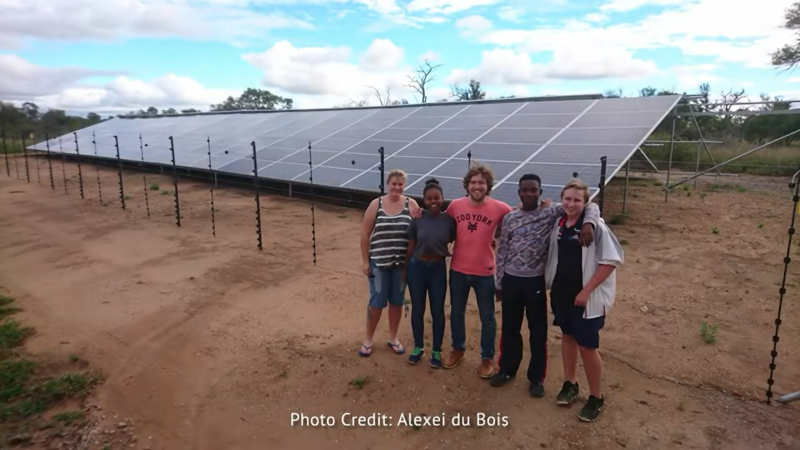
Every year staff and students undertake their learning and/or research away from University premises. This can vary from conferences overseas to year abroad study and fieldwork. Fieldwork covers a multitude of activities across a vast range of locations, varying from interviewing and ethnographic research, to specimen collection and landscape surveying.
The University has a duty of care to its staff and students when they are conducting University business away from its premises. Additionally, academic activities are likely to be more successful if they are completed safely and smoothly without incident. Activities undertaken away from the University therefore need to be thoroughly thought through and risk assessed to ensure suitable arrangements are put in place.
The head of department is responsible for ensuring that adequate fieldwork planning is carried out, including assessments of the risks that need to be managed and making sure that safe working procedures have been established for all staff and students.
Staff and students travelling overseas on University business should normally use the University’s travel insurance. Please read through these pages thoroughly as they contain a lot of important information.
If you intend to undertake fieldwork or overseas travel, or you are involved with approving or administering this, please take a look at the tabs below for all the information required to ensure health and safety is fully considered, including a range of training opportunities and useful resources.
News: Guidance for travel to United States from University insurers - May 2025
In light of recent events, UK students and staff considering travel to the United States must be aware of the U.S. immigration rules. University insurers have issued new guidance for those wishing to travel to the United States.
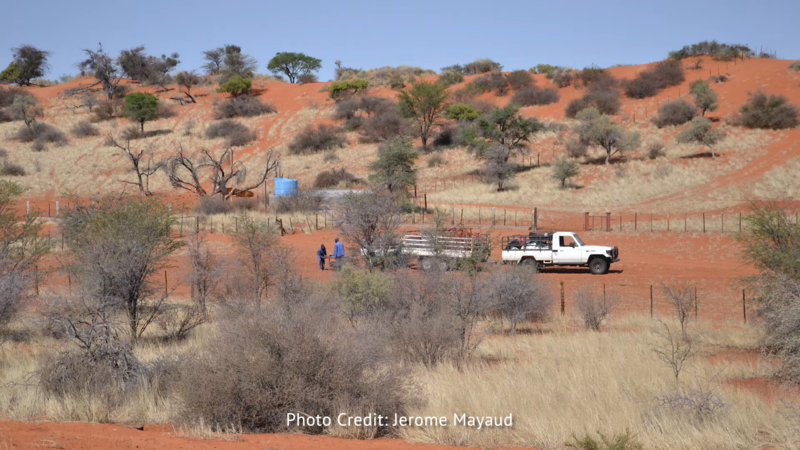
All activities must have a suitable and sufficient risk assessment which considers the location, the activities to be undertaken and individual factors (such as experience). The level of detail needs to be proportionate to the risk.
The University has a standard template for its Travel and Fieldwork Risk Assessment (see below). Departments are required to use the standard template for overseas travel. However, the template can be tailored to individual departmental risk profiles.
A local decision on whether Section 1 of the template is uploaded to the University's Travel Insurance Application and Travel Registration System (TIRS) can be made. For example, it may be unnecessary to upload Section 1 of the template onto TIRS where staff travel is assessed as low risk and elements of Section 1 are managed appropriately and proportionately via other means. The University strongly supports the use of TIRS for registering overseas travel in all cases (even where insurance is not being applied for), so they're able to locate and contact all travellers in the event of an overseas crisis.
Additionally, a cross-departmental project between the Department of Politics and International Relations and the Oxford School of Global and Area Studies has provided an updated travel risk assessment that features a new emergency card. This is alongside emergency response guidance and process workflow which has been produced to aid the departmental response to major overseas incidents.
You can obtain further advice from the Safety Office.
The Travel Insurance Team provide a Travel Insurance Training Presentation at Travel Insurance | Finance Division (ox.ac.uk).
Please note: The Travel and Fieldwork Risk Assessment template has been updated (February 2024)
If you would like to see what changes have been made, please contact the Safety Office
International Travel Approval Framework for HIGH RISK Travel
Approval
Heads of department must approve any international travel on University business to countries or regions that the Foreign Commonwealth and Development Office (FCDO) advises against travel to. The Safety Office must also review risk assessments for travel to locations where the FCDO advises against.
It's also good practice for heads of department to approve other high-risk travel, which may put the researcher at significant risk due to the topic area or activity. This could include working on a controversial subject in a politically sensitive or autocratic context, empirical research that delves into criminality or conflict, working in extreme terrains or with highly infectious/dangerous material.
For other travel, the head of department can delegate approval, such as to academic supervisors in the case of students.
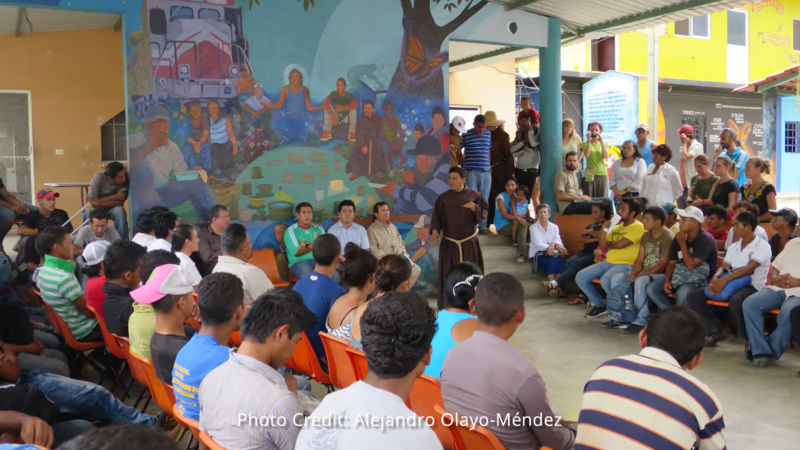
Heads of department maintain a responsibility for the health and safety of their staff and students when they travel overseas for University business. The Overseas Travel policy statement sets out the arrangements for the safe management of overseas travel, including:
- risks involved in overseas work
- risk assessment
- FCO Travel Advice
- insurance
- contingency planning
- health matters
Staff and students often undertake fieldwork in the UK and overseas. Fieldwork is any practical work carried out away from the University premises for the purposes of University-related research and/or teaching. Heads of department maintain a responsibility for the health and safety of their staff and students on fieldwork. The Safety in Fieldwork policy statement sets out the arrangements for the safe management of fieldwork.
Where fieldwork is undertaken overseas, you should also refer to the University policy statement on overseas travel.
Some undergraduate courses include periods where the student works in third party host institutions away from the University. Heads of department are responsible for ensuring these placements do not expose students to significant risks to their health and safety. The Student Placements policy statement outlines the arrangements which need to be put in place. Anyone organising student placements should be familiar with this policy. It specifically covers:
- sector guidance
- the legal framework
- risk management approach
- roles and responsibilities
- what factors to include in risk assessments
- placement approval and review
- pre-placement visits
- raising and resolving problems
- planning for contingencies
- preparation of students
- training of staff
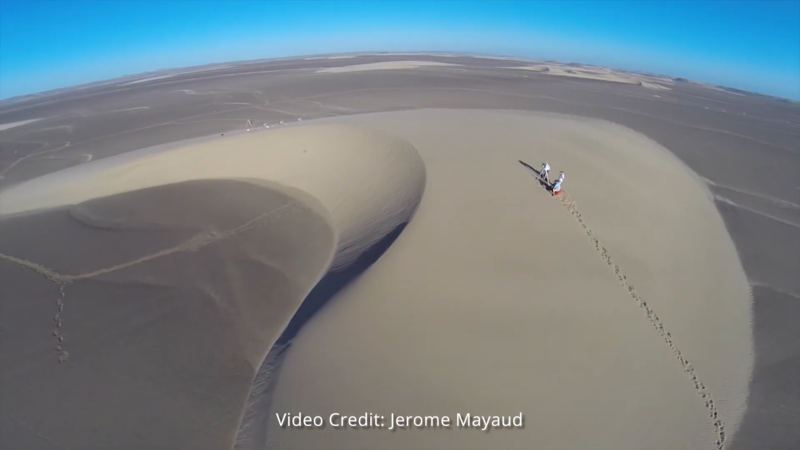
Training
A University safety instruction (I3/25) was issued on behalf of the Safety Executive Group in May 2025. To ensure a standardised approach to training, SEG has established a level of required training for student travel, as students may have less experience and be more vulnerable to risk.
An implementation toolkit has also been provided to support this instruction, outlining implementation responsibilities, actions required of divisions and departments, assurance exercises and further support, materials and resources.
I3/25: Overseas Travel & Fieldwork - Required Safety Training
The Safety Office provides a range of training courses for travellers, supervisors and administrators.
All travellers should complete the pre-recorded online training presentation which gives an overview of the fieldwork and overseas travel risk assessment.
The Fieldwork Safety Overseas course, tailored for graduate students and research staff, offers a more comprehensive learning experience. The session includes practical scenarios and case studies set in remote and urban locations, providing a wealth of practical tips and resources. Additionally, an all-day course focusing on first aid skills, particularly in environments with limited paramedic support, is available for those requiring more specialized training.
Alongside a core module, supervisors have three optional E-learning modules to supplement their existing academic expertise and ensure they're fully equipped with the necessary skills. These focus on working with human participants, outdoor/environmental fieldwork and leading student groups.
Meanwhile, a pre-recorded training presentation looks at fieldwork and overseas travel risk assessment administration.
There may also be training available locally by your department or division. Social Sciences run termly fieldwork safety courses and workshops coping with vicarious trauma.
Further resources
The Social Sciences Division has some excellent resources and links to useful information on travel and fieldwork. You can also find a page full of written case studies and videos documenting researchers' individual fieldwork experiences.
Security expert Kelsey Hoppe, CEO of Safer Edge, aimed to address fears and anxieties about travel in her TED talk, Where is Safe?. Kelsey questioned the common belief that safe is a place, while helping people understand the concepts of risk, safety and security and how they can analyse and manage it themselves.
Obtain travel health advice, including vaccinations and prophylaxis for eligible groups, via the Occupational Health website.
Other useful links are:
- Stay safe on the move | Information Security Team
- Trusted Research | Research Support
- Trusted Research - Countries and Conferences | National Protective Security Authority
- USHA Higher Education on Health and Safety in Fieldwork and Travel
- Travelling for work | Staff Gateway
- Central University Research Ethics Committee | Governance and Planning
- Anti-money Laundering and Sanctions Guidance | Finance Division
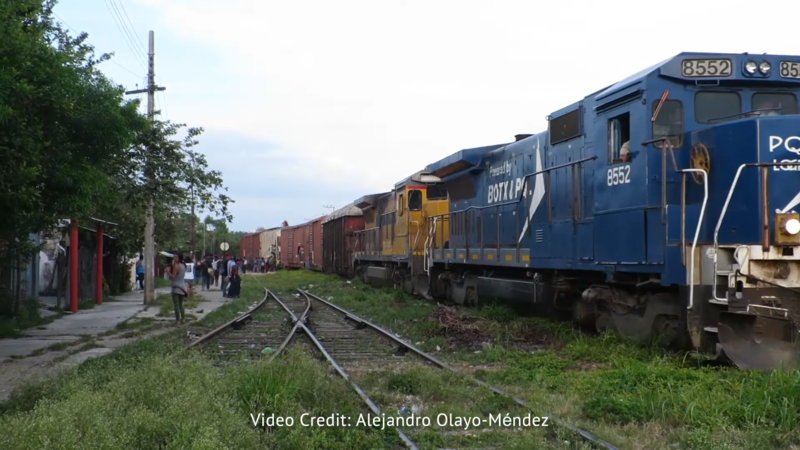
A range of situations can occur while working away from the University. An important part of the risk assessment process for overseas travel and fieldwork is to think about, and plan for, foreseeable emergencies.
There are also University procedures for handling major incidents which departments should be aware of and use in preparing their own response plans. These can be found in the University Major Incident Plan, with appendices 5 and 6 containing additional information specific to overseas incidents.
Core information about the University’s response and support to crises and conflicts, as well as advice and support for impacted staff and students, is provided on the University website.
Departmental response to major overseas incidents
To complement the University Major Incident Plan, a cross-departmental collaboration between the Department of Politics and International Relations and the Oxford School of Global and Area Studies has produced an emergency response guidance and process workflow for departments. This exercise convened senior leadership and supervisors from both departments, alongside leaders of core relevant UAS teams: Security Services, Risk and Resilience (Assurance Directorate), the Safety Office, Insurance Office and Communications.
Departments can follow this guidance regardless of the incident scenario and even if there is no risk assessment or travel insurance in place. Anyone can notify Security Services of a major overseas incident in order to initiate a response by the University by calling their emergency number: +44 (0)1865 289999.


